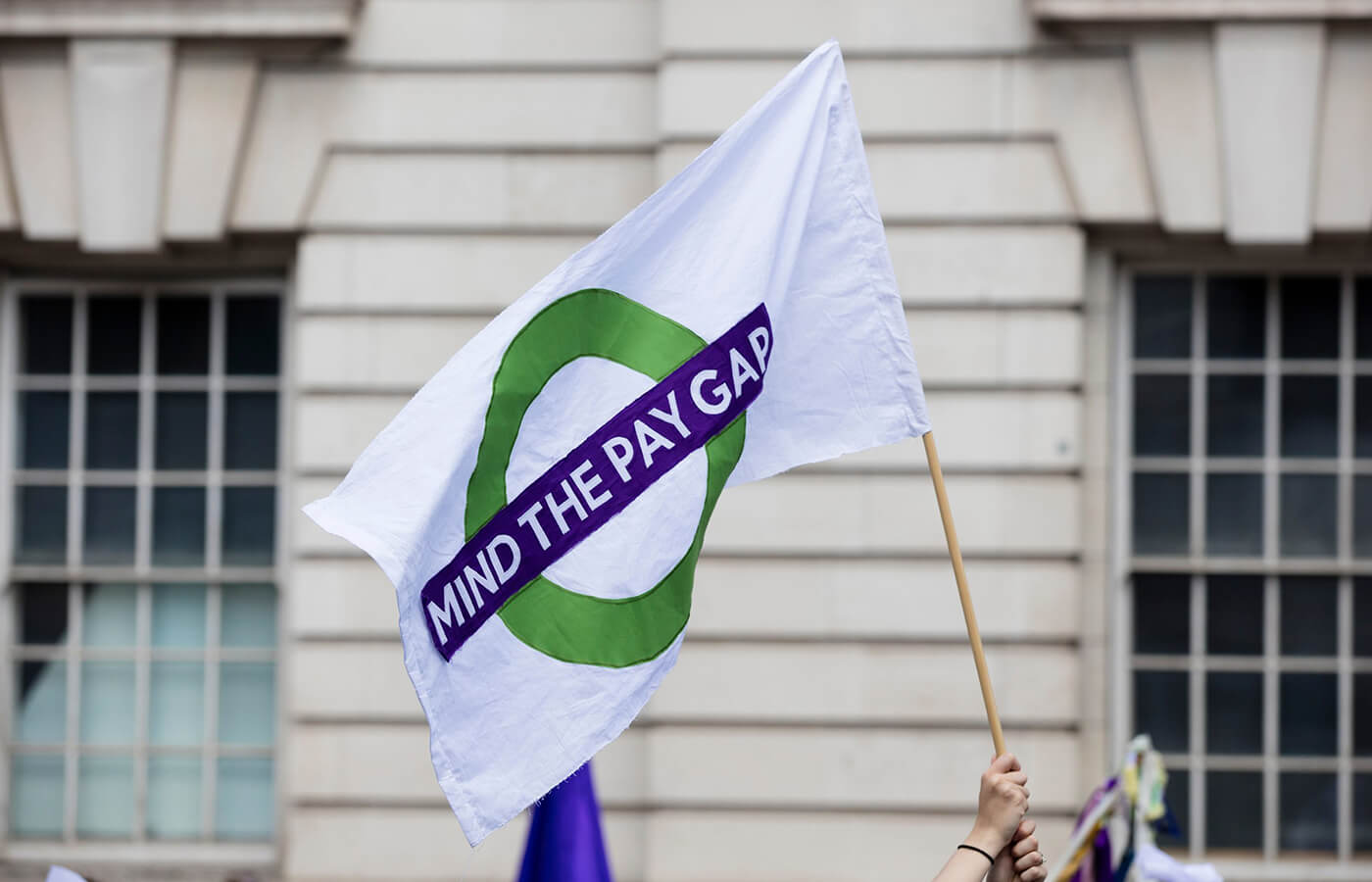How Many Of These Payroll Facts Do You Know?
Lots of payroll facts were being shared during last month’s National Payroll Week celebrations so we felt inspired to put together a few of our own. They’re mostly about modern day payroll although a few historical ones made it in too! Some you might already know but some you might not so here are a few of our top payroll facts.
1. Having a payslip is a legal requirement – but not every company’s complying

While the need to have a payslip should be familiar to most of us, not all business owners are complying with this important obligation. Research has suggested that around one in ten UK employees still doesn’t receive any form of payslip.
A payslip must detail total pay before and after deductions along with any variable deductions determined by the amount of pay, like tax, National Insurance and pension. It should also reference how the payment will be made if it’s using more than one method. Fixed deduction amounts should be included although they can be issued in a separate statement.
2. Gender pay gap reporting dates have changed due to the pandemic

The regulations requiring business owners with 250 employees or more to publish payroll statistics on their gender pay gaps came into effect in 2017. While the deadline is usually set for April, the Covid pandemic has led to an extension. So this year gender pay gap figures for 20/21 are due by the 5th of October.
Historical payroll facts: The Old Age Pension Act of 1908 paved the way in the UK for the introduction of the state pension in 1909. The Government provided a 5s pension to people aged over 70 with a weekly income of less than 10s. It was reduced for married couples and subject to a character test. The next change was in 1925 which resulted in the first contributory state pension scheme.
3. £19.4 billion has been lost in pension pots

It’s been estimated that an incredible £19.4 billion has been lost across 1.6 million pension pots in the UK. To try to raise awareness of this issue, the UK will be holding its first National Pension Tracing Day on the 31st October 2021 to encourage people to take steps to trace their lost pensions.
A lot of the problem stems from switching jobs, and house moves where pension providers are not informed of new addresses. The Department for Work and Pensions has suggested there could be as many as 50 million lost pensions by 2050.
4. The recent NI increase will be separated out into the Health and Social Care Levy in 2023

One of the most recent payroll changes is the Government’s announcement of a temporary increase to National Insurance contributions by 1.25% in April 2022 for the purposes of funding health and social care.
The rate increase will affect both employers and employees, with employers set to pay 15.05% and employees who earn under the NIC upper earnings limit to pay 13.25% (3.25% above that limit). In 2023 the increase will then be replaced by the Health and Social Care Levy, at the same rate.
Historical payroll facts: A brick tax based on the number of bricks used was introduced in Great Britain during the reign of King George III in 1784. As you can imagine, it was not popular… so builders managed to get around it for a while by using bigger bricks so they needed less of them. It didn’t take too long until the Government caught on however – and put a higher tax on larger bricks.
5. Payroll Giving is a tax-efficient way to support charities

According to a survey carried out by the Charities Aid Foundation this year, around 3 in 5 charities anticipate an ongoing loss of income sources. There’s an opportunity for company payrolls to support both charities and their own employees by providing a workplace giving scheme. The scheme allows employees to make donations without paying tax on them while also providing charities with a regular income.
Historical payroll facts: The ‘Pay As you Earn’ (PAYE) system, where tax is deducted from wages or salaries each week or month, was introduced in 1944.
6. RTI submissions are still causing some companies problems

Real-Time Information (RTI) reporting started to be phased in from 2013. Essentially, it requires companies to submit PAYE information either just before or when employees are paid.
Submissions must include a full payment submission, outlining payments and deductions, and the employer payment summary which captures any reclaimed elements such as NIC holidays or statutory maternity pay. But despite having been around for a number of years, some businesses are still struggling to meet the deadlines required due to the complexity that can be associated with it.
7. The national living wage and real living wage are not the same thing

Employers are legally obliged to apply the National Living Wage and National Minimum Wage rates. The National Living Wage applies to workers aged 23 and over and is currently set at £8.91/ hour.
There are four hourly rates of National Minimum wage: £8.36 for workers aged 21 and 22; £6.56 for 18 to 20-year-olds; £4.62 for 16 and 17-year-olds and £4.30 for apprentices under 19 (or older but in the first year of their apprenticeship).
The Real Living Wage is voluntary however. It’s calculated by the Resolution Foundation and is overseen by the Living Wage Commission. Outside London, the rate is £9.50. The higher cost of London living means the rate of £10.85 applies.
Historical payroll facts: Would you believe that playing cards were taxed for centuries – and the tax wasn’t abolished until 1960?
8. Shared parental leave uptake remains low

Unless there are agreements in place for enhanced rates, statutory maternity pay and statutory adoption pay are paid at 90% of the employee’s average weekly earnings for the first six weeks.
After that for the following 33 weeks it’s currently paid at £151.97 a week (or 90% of the employee’s average earnings if lower). Statutory paternity pay is also paid at £151.97 a week (or 90% if average earnings are lower).
In 2015, the government introduced shared parental leave, and statutory shared parental pay, to create more flexible options for working parents. But take up for this has been low. It’s estimated that just 3.6% of eligible fathers took SPL in 2019/20. It has been suggested that the complexity of the system and cultural issues might still be holding fathers back.
9. Despite Covid, employers must meet their auto enrolment responsibilities

The automatic pension enrolment regulations came into force in 2012 and now every employer must automatically enrol every employee into a workplace pension scheme if they meet the criteria. Employees can opt-out if they wish.
The total contribution level currently stands at 8% of the employee’s qualifying salary. The employer’s contribution must be at least 3% with the employee contributing the remaining 5% unless the employer makes a more generous provision.
It’s enforced by The Pensions Regulator and it is reminding employers that despite Covid, they must meet their obligations. Auto-enrolment can be highly complicated however – so many companies have decided it’s time to call in the experts to get the help they need.
Do you need support with managing your payroll?

Managing a payroll is a complex activity. There are many requirements to fulfil, and legal obligations that must be met. That’s why a lot of organisations decide to hand over the responsibility to a company with extensive expertise in payroll management. If you’d like to know more about our outsourced payroll services then please do contact us.

